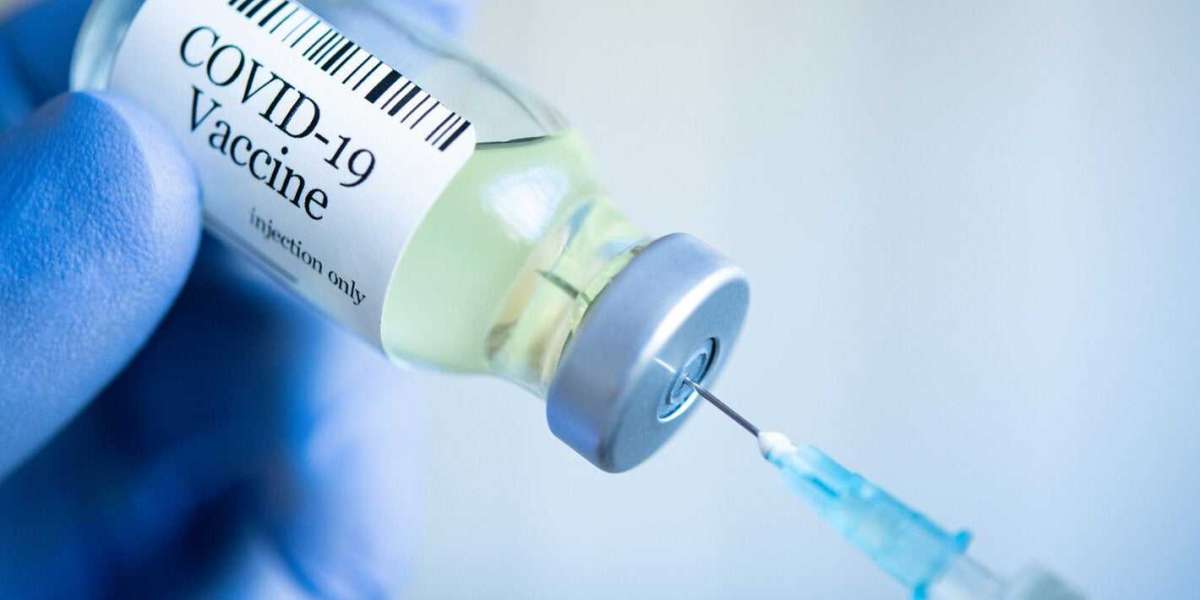Despite the fact that it has been more than two years since the coronavirus began circulating in Korea, the country has yet to witness the development of a manufactured vaccine.
SK Bioscience is the business that is the closest to providing the first Korean-developed vaccine, as the biopharmaceutical firm's GBP510 vaccine is now in the third and final phase of clinical testing, according to the company. The government and corporate executives have expressed optimism about a favorable outcome and speedy approval, as well as the commercialization of GBP510 in the first half of this year, but nothing can be assured.
According to the Ministry of Food and Drug Safety, there are now seven additional local businesses involved in the development of COVID-19 vaccines at this time. The researchers, on the other hand, have a long way to go because they are still in the early phases of clinical studies.
A lack of knowledge and assistance in vaccine development, according to industry employees and experts, is a contributing factor to Korea's relative sluggishness.
According to a source in the sector, the local industry does not have the same degree of expertise and technology that its worldwide competitors have amassed over decades, and that "it is not even comparable" to their foreign counterparts.
According to the plan, Korea will become a global vaccination hub by 2026 and would invest a total of 2.2 trillion won ($1.8 billion) in the development of COVID-19 vaccines and the development of vaccine manufacturing capabilities. The plan was revealed in August.
Because it can take up to 1 trillion won to finish the development of a new treatment or vaccine, the source believes that public financing for vaccine development will be ineffective once it is distributed among corporations.
Another executive from a business that is attempting to produce a COVID-19 vaccine stated that the government has not provided any follow-up help since then.
The acquisition of additional vaccinations that we could then use to compare with what we were producing was necessary in order to undertake clinical trials. It is quite tough for any individual firm to do this. Consequently, we requested the government to assist us in obtaining them, but we have not gotten much assistance," the official stated.
The government should have put more effort into producing our own vaccinations from the outset rather than focusing almost entirely on procuring vaccines from other countries, according to the author.
According to the Council on Foreign Relations, a research organization based in Washington, DC, more than 20 vaccinations have been licensed for general or emergency use in countries such as the United States, the United Kingdom, Russia, and China as of December. The number of vaccinations authorized in less than two years from the start of development is considered "unusual," according to a study by the Centers for Disease Control and Prevention (CDC), which also notes that the procedure typically takes eight to 15 years. A large amount of public money has been invested into the project, and approval processes have moved quickly, according to industry experts.
Korean medical expert Kim Ki-soon, who pointed out that the country had not paid much attention to vaccines before the coronavirus outbreak, said that the country had not paid much attention to vaccines before the outbreak.
According to Kim, who spoke at a seminar held by the Korea Research Journalists Association in September, "there are no Korean-made vaccines licensed yet since we have neglected the basic science on how to manufacture vaccines."
A month or two after the coronavirus first came on the planet, the mRNA vaccines created by Moderna and (BioNTech, and) Pfizer were put through clinical testing. However, the reality is that they had been conducting research on mRNA vaccines for a period of 10 to 15 years."
The same KSJA event was heard from Dr. Hong Kee-jong, a medical professor at Konkuk University who noted that Korea only began to pay attention to vaccine research after the H1N1 influenza pandemic hit the country in 2009.
"The infrastructures necessary to generate critical materials for vaccine research and testing, as well as the capacity to build required equipment, are the pieces that we are lacking," he explained.
Another distinction was the amount of financial assistance provided by the government. The Korean government allocated 263 billion won ($263 million) towards vaccine research and development last year. This year, the funding for COVID-19 vaccines and therapies increased by 546 billion won to assist the development of new vaccines and treatments.
Workers in the industry, on the other hand, claim that the higher amount is insufficient.
The head of the Korea Pharmaceutical and Bio-Pharma Manufacturers Association, Won Hee-Mok, stated in an online news conference last month that "differences in each country's government backing created or broke the development of vaccines" during the period of COVID-19.
We all know that the United States donated 20 trillion won to firms such as Pfizer and Moderna and that the United Kingdom established a vaccination task group, awarded them with a grant of 10 trillion won, and ultimately settled on AstraZeneca's vaccine.
When it comes to securing vaccine and pharmaceutical sovereignty, Won emphasized the need of having full-scale cooperation from the government. He believes that unless domestic enterprises produce their own vaccines, the ambition to convert Korea into a global vaccine center would result in the country being just a base for consignment manufacturing.
Won also emphasized the importance of establishing a presidential committee to supervise and properly coordinate the policies of each ministry pertaining to the biopharmaceutical industry.
"We must build mid-to-long-term policies for providing financial support for research and development, as well as for nurturing talent," he explained.
"The government should establish a megafund of around 5 trillion won to promote new pipelines and clinical trials on a comprehensive basis."



